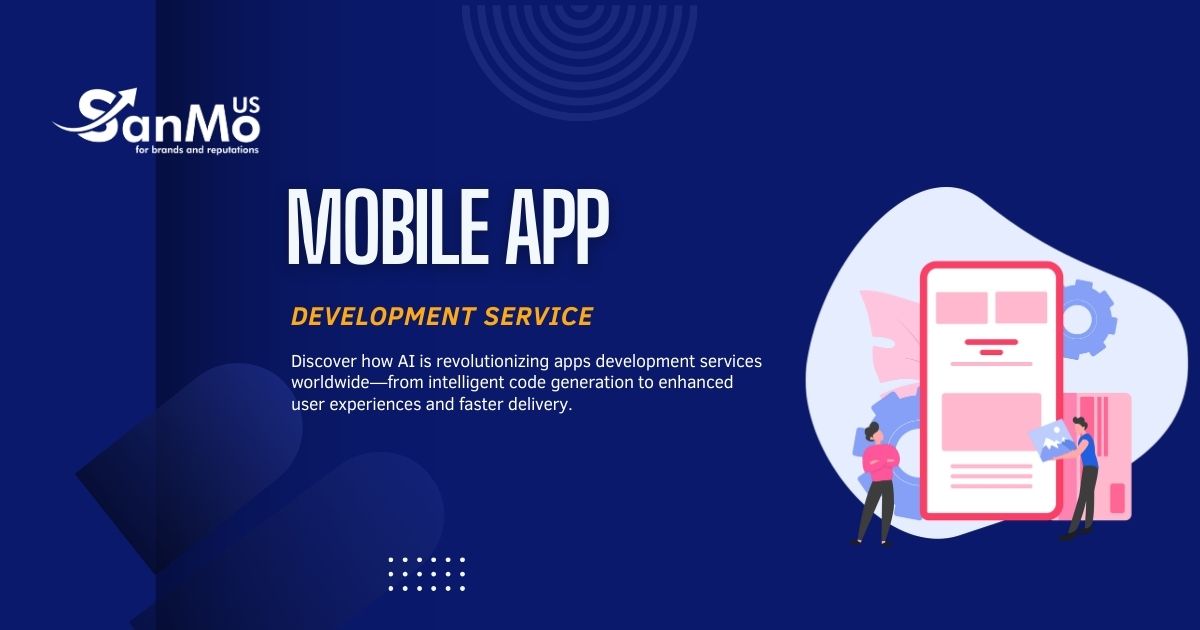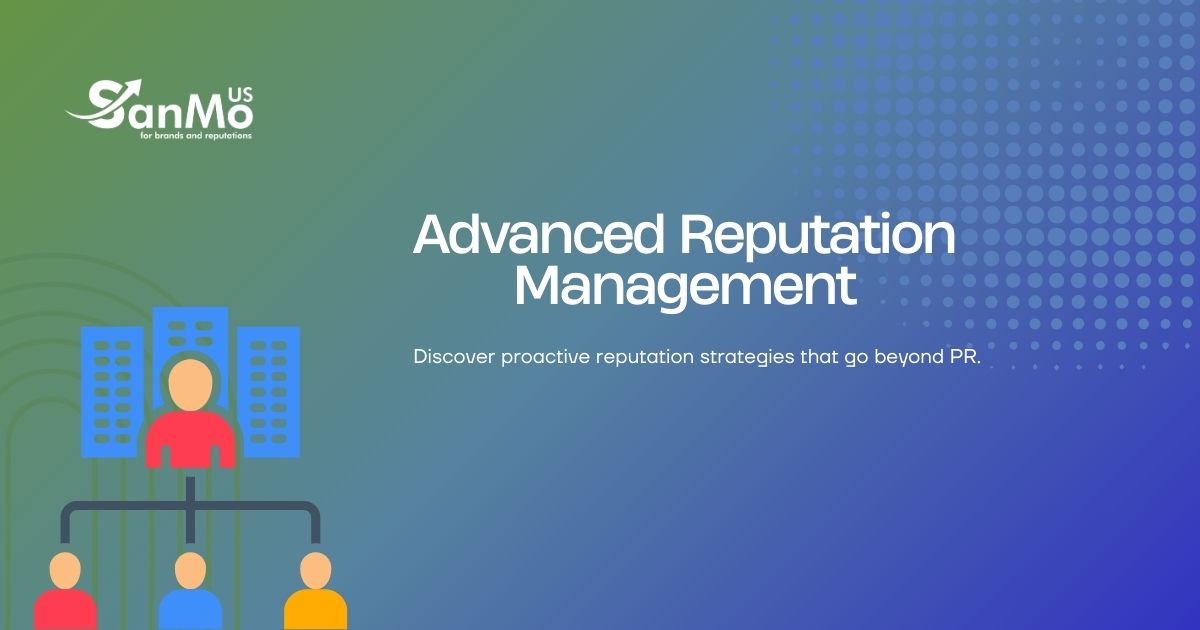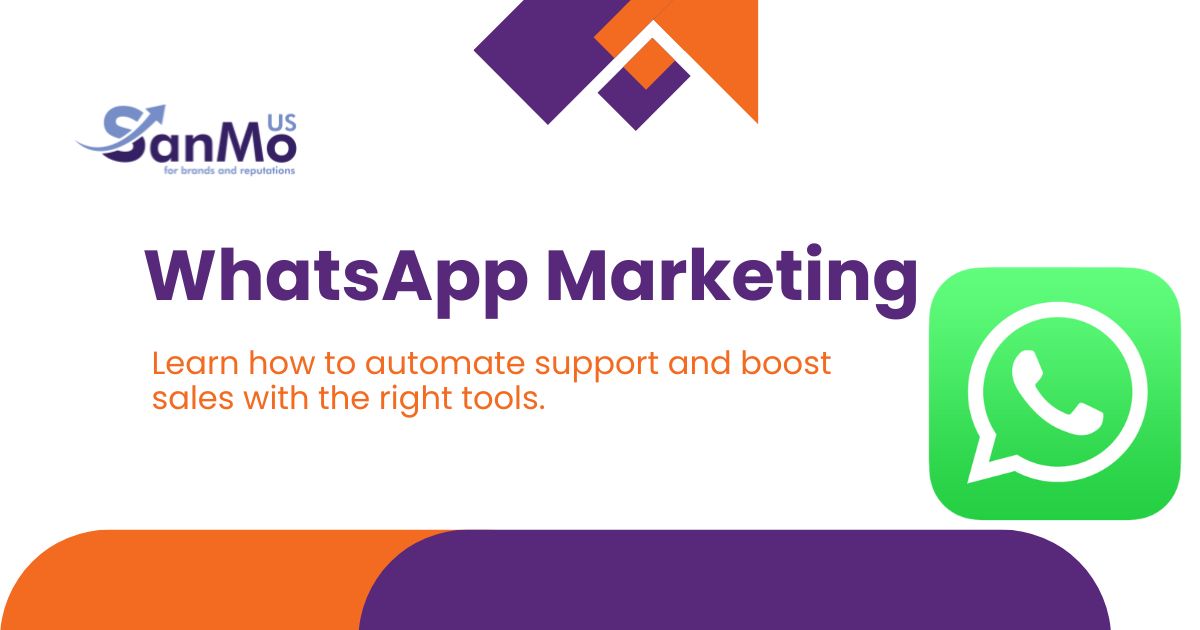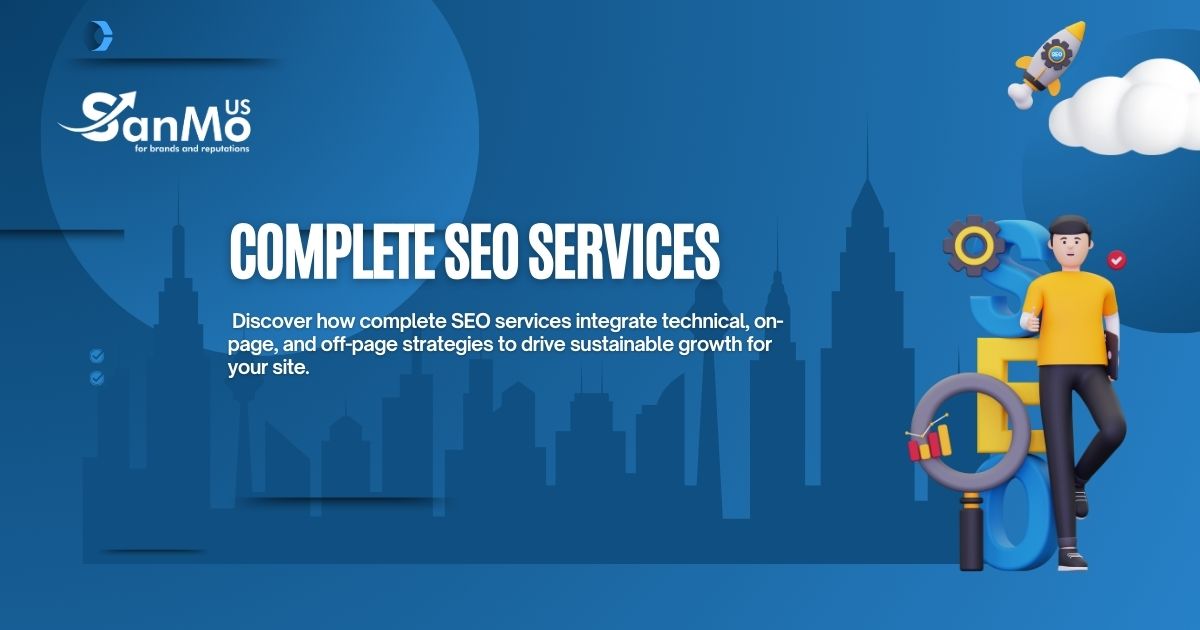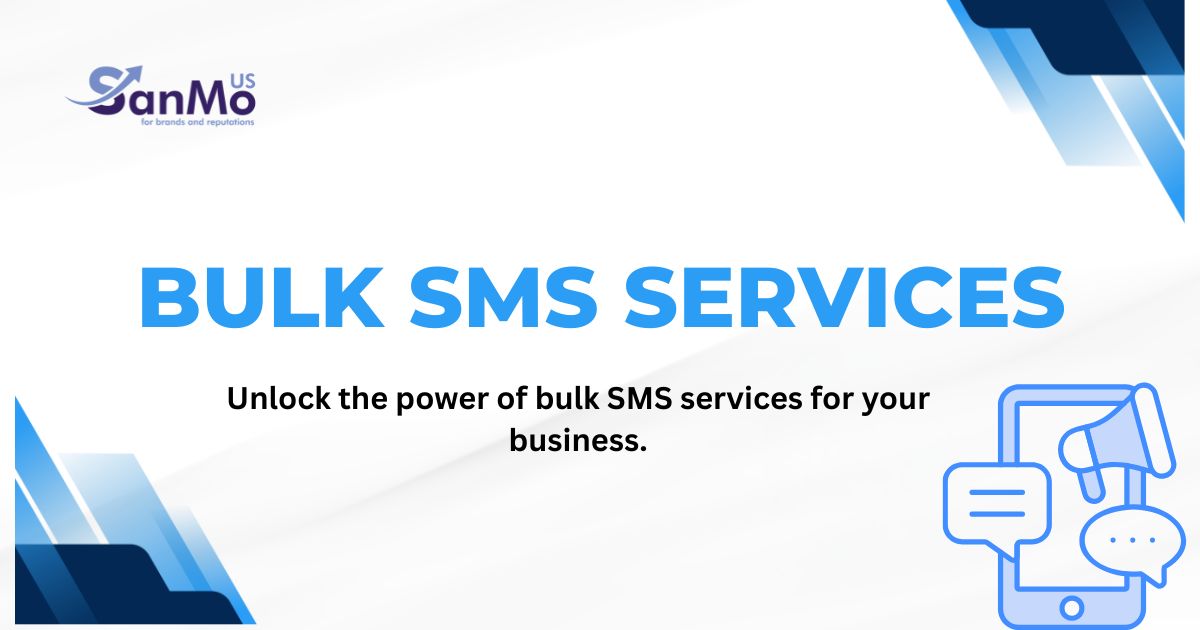Mobile applications have become the backbone of modern business operations. Whether you’re a startup looking to disrupt an industry or an established enterprise seeking digital transformation, the right app development partner can make or break your success. With over 6.8 billion smartphone users worldwide and mobile apps generating over $935 billion in revenue annually, the stakes have never been higher.
Choosing the right app development services provider requires careful consideration of technical expertise, industry experience, and the ability to scale with your business needs. The difference between a mediocre app and a market-leading solution often lies in the development approach, technology stack, and post-launch support your chosen partner provides.
This comprehensive guide explores what makes app development services truly innovative, how to select the right partner for your specific needs, and the key factors that separate industry leaders from the competition.
Understanding Modern App Development Services
App development services encompass far more than simply writing code. Today’s leading providers offer end-to-end solutions that include strategy consultation, user experience design, development, testing, deployment, and ongoing maintenance. The most innovative services integrate emerging technologies like artificial intelligence, machine learning, augmented reality, and blockchain to create applications that don’t just meet current needs but anticipate future demands.
Core Service Categories
Native App Development focuses on building applications specifically for iOS or Android platforms, leveraging platform-specific features and optimizing performance. Native apps typically offer the best user experience and access to device hardware, but require separate development for each platform.
Cross-Platform Development uses frameworks like React Native, Flutter, or Xamarin to create applications that run on multiple platforms from a single codebase. This approach reduces development time and costs while maintaining near-native performance.
Web App Development creates browser-based applications that function across all devices with internet connectivity. Progressive Web Apps (PWAs) combine the best features of web and mobile apps, offering offline functionality and push notifications.
Enterprise App Development addresses the complex needs of large organizations, including integration with existing systems, advanced security measures, and scalability to support thousands of users simultaneously.
Key Features of Innovative App Development
Innovation in app development extends beyond flashy features to encompass fundamental improvements in user experience, performance, and business value. Leading app development services providers differentiate themselves through several key characteristics.
Advanced Technology Integration
The most innovative app development services seamlessly integrate cutting-edge technologies. Artificial intelligence powers personalized user experiences, predictive analytics, and automated customer support. Machine learning algorithms improve app functionality over time by learning from user behavior patterns.
Augmented reality creates immersive experiences that blur the line between digital and physical worlds. Retailers use AR to let customers virtually try products, while healthcare apps enable remote consultations with visual overlays. Virtual reality takes immersion further, creating entirely digital environments for training, entertainment, and collaboration.
Blockchain technology enhances security and enables new business models through decentralized applications. Internet of Things (IoT) connectivity allows apps to control smart devices and collect real-time data from sensors and connected equipment.
User-Centric Design Approach
Innovative app development services prioritize user experience from the initial concept through post-launch optimization. This involves comprehensive user research, persona development, and iterative design processes that incorporate user feedback at every stage.
Accessibility features ensure applications work for users with disabilities, while responsive design adapts to different screen sizes and orientations. Micro-interactions and animations guide users through complex workflows, making sophisticated functionality feel intuitive and natural.
Agile Development Methodologies
Leading service providers employ agile development methodologies that emphasize collaboration, flexibility, and rapid iteration. This approach allows for continuous improvement based on user feedback and changing market conditions.
DevOps practices streamline the development pipeline, enabling faster deployment and more reliable releases. Continuous integration and continuous deployment (CI/CD) ensure code quality while reducing time to market.
Startup-Specific App Development Considerations
Startups face unique challenges that require specialized approaches to app development. Limited budgets, tight timelines, and the need to validate concepts quickly demand services that can adapt to rapidly changing requirements.
Minimum Viable Product (MVP) Development
Smart startups begin with MVP development to test core assumptions with minimal investment. The best app development services help startups identify essential features that demonstrate value to early adopters while laying the groundwork for future enhancements.
MVP development requires careful feature prioritization and rapid prototyping capabilities. Service providers must understand lean startup methodologies and be comfortable with iterative development cycles that respond quickly to market feedback.
Scalability Planning
Successful startups experience rapid growth that can overwhelm unprepared infrastructure. Innovative app development services build scalability into the initial architecture, using cloud-based solutions and microservices architectures that can handle increasing user loads without complete rebuilds.
Database design, server architecture, and content delivery networks must all be planned with growth in mind. The right development partner helps startups avoid technical debt that could limit future expansion.
Cost-Effective Solutions
Startups must maximize value from every development dollar. Leading service providers offer flexible pricing models, including equity partnerships, phased development approaches, and revenue-sharing agreements that align costs with business success.
Open-source technologies and existing frameworks can significantly reduce development costs while maintaining quality and functionality. Experienced providers know when to build custom solutions and when to leverage existing tools.
Enterprise App Development Requirements
Enterprise applications must meet stringent requirements for security, compliance, integration, and performance that differ significantly from consumer apps.
Security and Compliance
Enterprise apps often handle sensitive data subject to regulations like GDPR, HIPAA, or SOX. App development services providers must implement robust security measures, including data encryption, secure authentication, and audit trails.
Multi-factor authentication, role-based access controls, and regular security audits are essential components of enterprise app security. Development teams must stay current with evolving threats and compliance requirements.
System Integration
Enterprise apps rarely operate in isolation. They must integrate with existing ERP systems, databases, and third-party services. API development and middleware solutions enable seamless data flow between different systems.
Legacy system integration presents particular challenges, requiring careful planning and sometimes custom development to bridge old and new technologies.
Performance at Scale
Enterprise applications must perform reliably under heavy loads with minimal downtime. Load balancing, database optimization, and caching strategies ensure consistent performance as user bases grow.
Monitoring and analytics tools provide insights into app performance and user behavior, enabling proactive optimization and issue resolution.
Choosing the Right App Development Partner
Selecting the right app development services provider requires careful evaluation of technical capabilities, industry experience, and cultural fit.
Technical Expertise Assessment
Evaluate potential partners based on their technology stack expertise, development methodologies, and track record with similar projects. Review their portfolio for apps that demonstrate innovative features and solid execution.
Ask about their approach to emerging technologies and how they stay current with rapidly evolving development frameworks and tools. The best providers invest in continuous learning and experimentation with new technologies.
Communication and Collaboration
Successful app development requires close collaboration between the client and development teams. Assess communication styles, project management approaches, and the provider’s ability to explain technical concepts in business terms.
Time zone considerations, language barriers, and cultural differences can impact project success. Choose partners who demonstrate strong communication skills and cultural sensitivity.
Post-Launch Support
App development doesn’t end at launch. Ongoing maintenance, updates, and feature enhancements are essential for long-term success. Evaluate potential partners’ support offerings, response times, and approach to handling issues.
Consider the provider’s ability to scale support as your user base grows and requirements evolve. Long-term partnerships often deliver better results than transactional relationships.
Future Trends in App Development Services
The app development landscape continues evolving rapidly, driven by new technologies, changing user expectations, and emerging business models.
Artificial Intelligence Integration
AI integration will become standard rather than exceptional in app development. Natural language processing, computer vision, and predictive analytics will power more sophisticated user interactions and automated functionality.
Low-Code and No-Code Platforms
Low-code and no-code development platforms are democratizing app creation, enabling business users to build simple applications without extensive programming knowledge. Professional app development services will focus on complex, high-value applications while leveraging these platforms for rapid prototyping and simple solutions.
Edge Computing
Edge computing brings processing power closer to users, reducing latency and improving performance for data-intensive applications. App development services will need to understand distributed computing architectures and optimize applications for edge deployment.
Building Your Digital Future
The right app development services partner can transform your business vision into a market-leading digital solution. Whether you’re a startup seeking to validate a new concept or an enterprise looking to modernize operations, success depends on choosing providers who combine technical excellence with a deep understanding of your industry and business goals.
Take time to evaluate potential partners thoroughly, considering not just their technical capabilities but also their approach to collaboration, innovation, and long-term partnership. The best app development service providers become true partners in your digital transformation journey, helping you navigate challenges and capitalize on opportunities as they arise.
Start your search by clearly defining your requirements, budget, and timeline. Request detailed proposals from multiple providers, and don’t hesitate to ask for references from similar projects. Your app’s success depends on making the right choice from the beginning.


